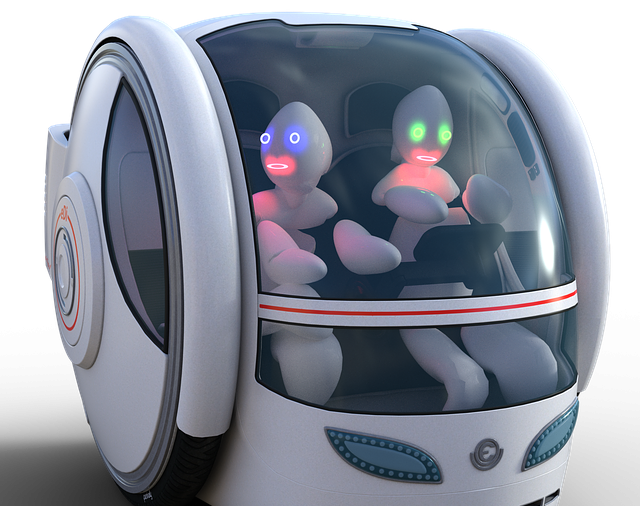A new worldwide study claims the Chinese feel most positive about self-driving cars. Brits are the most sceptical and Aussies are among the least optimistic. Less than half of Australians think they will make driving safer. Yet a CapGemini study claims how we feel about self-driving cars is mostly positive.
What we mean by self-driving cars
It’s important to clarify what we mean by self-driving car. We mean level 5 autonomy, where there is no driver at all.
Thatcham research in late 2018 found 71% of global drivers think they can buy a self-driving car today. (They named Tesla, BMW and Audi cars.) Alarmingly, 18% thought a car that automatically steers, brakes and accelerates lets them “sit back and relax and let the car do the driving”. Certainly many people don’t know about the five levels of autonomous driving.
BMW has a neat way of putting it: Level 3 is “eyes off”, level 4 is “mind off” and level 5 is “driver off”. Meanwhile, level 2 is “hands off” (though not really) and level 1 is “hands on”.
Emotions about self-driving cars
CapGemini focused on six countries (not Australia) and explored how we feel about level 5 self-driving cars. When asked about their emotional response, 59% said “anticipation” and 52% said “surprise”.
Researchers interpreted this as an overall positive response. Even so, anticipation is not a current or necessarily positive emotion. People anticipate (or are surprised about) the future, whether it brings pleasure or pain. Meanwhile, 48% said they felt “fear” and 43% said “loss of control/helplessness”.
Among other findings, just under half of respondents would trust carmakers with their personal data. Meanwhile, car executives thought 78% of consumers would. Early adopters, the most positive group, say they would pay up to 20% more for a self-driving car. Unfortunately, many carmakers think they will be far too expensive for private ownership.
Challenges in building a self-driving car
If carmakers thought they could sell fully self-driving cars to individuals, they certainly would. Audi, Bosch, Ford, Honda and Toyota have together committed over $30 billion to developing self-driving cars.
MIT Technology Review recently noted three main challenges to building a self-driving car. It must be safe, useful and, if possible, affordable. There was nothing about how we feel about them.
Safe
In the US, one person dies for every 1 million hours of driving. Without drunk driving or texting, the rate would be much lower. A safe car should cause death, at the most, once in 10 million hours of driving. Currently, systems fail about once in every tens of thousands of hours. So they have a long way to go to be as safe as even drunk or texting humans.
Useful
There will have to be a trade-off between safety and usefulness. For example, a car can remain safe by driving very slowly. But it will not be useful because it will hinder everybody else’s journeys.
An unrelated article in the Conversation commented on usefulness. If self-driving cars are programmed never to injure or kill a human, then people could step out in front of them whenever they chose. This could end up causing chaos. If transport is supposed to efficiently move people and goods for society’s benefit, self-driving cars may be the ultimate weakness.
Affordable
As for affordability, self-driving cars will be out of reach of all but the deepest of pockets. Most will be corporate-owned robo-taxis or commercial vehicles.
Many of these studies are probably aimed at finding out who will most likely use a self-driving service. For example, China will probably adopt self-driving cars before Australia. The rate of adoption will be faster in highly urbanised, affluent areas where governments and companies can finance the complex infrastructure.
How we feel about self-driving cars now is likely to change as we start to adjust to the idea. But most of us will be using self-driving vehicles as a service, not because we own one.


your opinion matters: